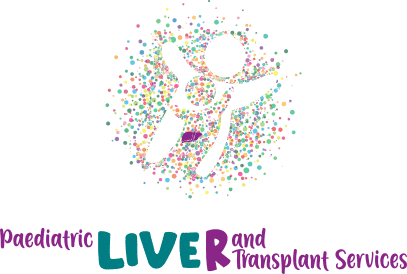frequently asked questions
What is a liver transplant?
When does a child need a liver transplant?
What are the types of liver transplants available?
There are two main types:
Deceased donor transplant: The liver comes from a person who has passed away but had healthy organs.
Living donor transplant: A living person, often a family member, donates a portion of their liver, which grows to full size in both the donor and recipient after surgery.
At present, only Wits Donald Gordon is able to offer living donor liver transplantation, while both centres offer deceased donor transplantation.
How are paediatric liver transplants performed in South Africa?
What is the waiting period for a liver transplant?
The waiting time depends on several factors:
- The availability of suitable donors.
- The urgency of your child’s condition (the sickest children are prioritized).
- The size and blood type of the liver required.
In most cases, a living donor may shorten the waiting time.
Who can be a living donor for a child?
Why should I consider a living donor for my child?
- Less time on the waiting list, during which time complications can develop, and your child can become sicker
- Better long-term outcomes
- You can help schedule the time of surgery to best suit your family
How does my child get on the transplant list?
Your child’s doctor will refer them to our unit, where they will be assessed. If they are eligible, they will be placed on the regional waiting list.
What are the risks of a liver transplant?
How successful are liver transplants in children?
What is the recovery process like?
Hospital stay: After the transplant, your child will spend at least 2-4 weeks in the hospital for monitoring and recovery.
Follow-up care: Regular check-ups are required to ensure the liver is functioning well and to adjust medications. Your child will be on anti-rejection medications for life.
Home care: You will need to monitor your child for signs of infection or rejection, such as fever, fatigue, or jaundice, and keep in close contact with your medical team.
Who pays for the transplant in South Africa?
What if I am not on medical aid, can my child still get a transplant?
How do I talk to my child about their liver transplant?
How can I help raise awareness or support organ donation?
You can:
- Register as an organ donor to help others in need of transplants.
- Participate in awareness campaigns like National Organ Donor Awareness Month (August).
- Share your story with local media or support groups to help normalize organ donation and inspire others to register as donors.
What should I do if I have more questions?





